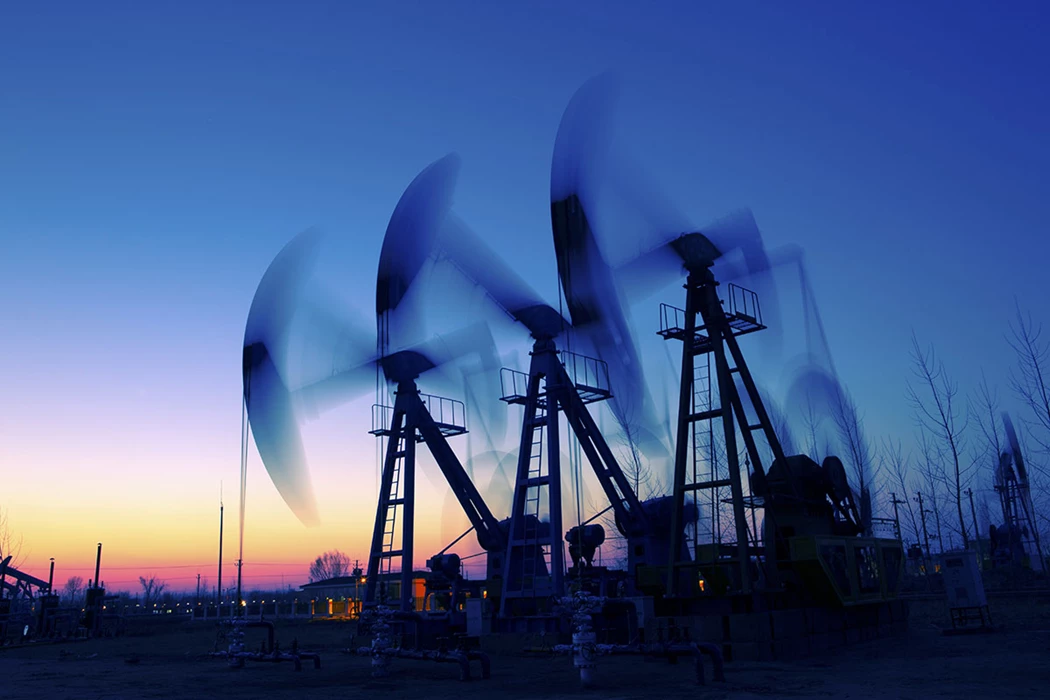Russian Stocks Fall Most Since Invasion on Annexation Plans
(Bloomberg) -- Russian stocks fell the most since the country invaded Ukraine in February as the Kremlin moved to hastily annex the regions it still occupied following a sweeping Ukrainian counteroffensive.
The MOEX Russia Index tumbled as much as 11%, its biggest intraday drop since Feb. 24. The gauge later pared the decline, trading down 7% as of 5:38 p.m. in Moscow, still making it the world’s worst performer on Tuesday.
The selloff deepened when Interfax news service said that the Russian-controlled territories of Ukraine would hold referendums on becoming part of Russia. The so-called Donetsk and Luhansk People’s Republics, as well as Kherson, may hold their votes as soon as this weekend, Interfax quoted officials as saying Tuesday.
“Ukraine and the West are unlikely to recognize these votes and so tensions are likely to remain high with no diplomatic solution in sight,” said Win Thin, head of currency strategy at Brown Brothers Harriman & Co. in New York.
The moves add to the country’s mounting international isolation, after Turkish President Recep Tayyip Erdogan called on Russian leader Vladimir Putin to return occupied territory to Ukraine as part of a peace settlement.
With valuations already under pressure from months of international sanctions, the Russian market is being further weighed down by Europe’s intensifying efforts to reduce energy imports, as well as recent military setbacks in Ukraine.
Investor sentiment worsened further Tuesday after newspaper Kommersant reported that the Russian government was planning to increase taxes on the mining and export of commodities. The index was dragged down by energy giants Lukoil PJSC, Gazprom PJSC and Novatek PJSC, as well as Sberbank of Russia PJSC and internet company Yandex NV.
About 30% of the slump is due to possible tax hikes on exporters and 70% due to concerns over referendums and potential mobilization in Russia, according to Iskander Lutsko, chief strategist at ITI Capital. “We can’t expect drastic moves to be prolonged, but most likely the market will remain under pressure as there is an obvious geopolitical shift that carries negative sentiment for the markets,” he said.
(Adds analyst comment in last graph, updates prices)
More stories like this are available on bloomberg.com
©2022 Bloomberg L.P.
KEEPING THE ENERGY INDUSTRY CONNECTED
Subscribe to our newsletter and get the best of Energy Connects directly to your inbox each week.
By subscribing, you agree to the processing of your personal data by dmg events as described in the Privacy Policy.
More oil news

Wall Street Weighs ‘Hawkish Cut’ While Tech Shines: Markets Wrap

Oil Rises as Possible Iran, Russia Sanctions Temper Glut Outlook

China’s Weak Winter LNG Demand Provides Relief for Rival Buyers

Oil Edges Higher Ahead of US Inflation Figures and OPEC Report

Oil Slips as Glut Outlook Outweighs Optimism on China Stimulus

Oil Edges Higher as Traders Weigh Fallout From Syrian Upheaval

China’s Solar Industry Looks to OPEC for Guide to Survival

Five Key Charts to Watch in Global Commodity Markets This Week

Oil Steadies as OPEC+ Opts Again to Delay Plan to Restore Output
















